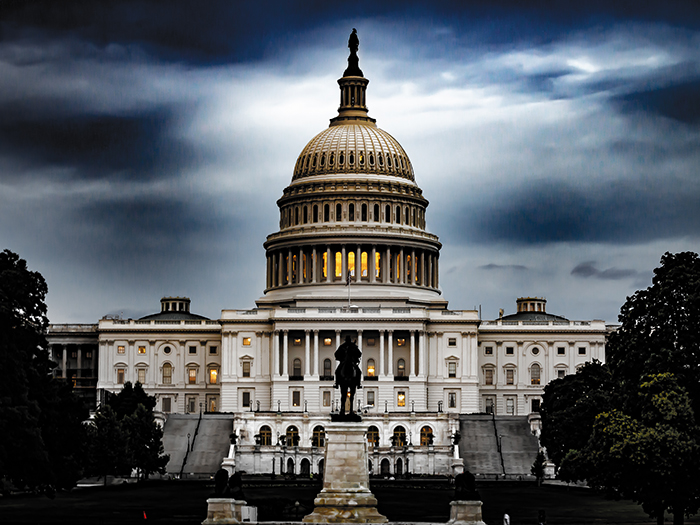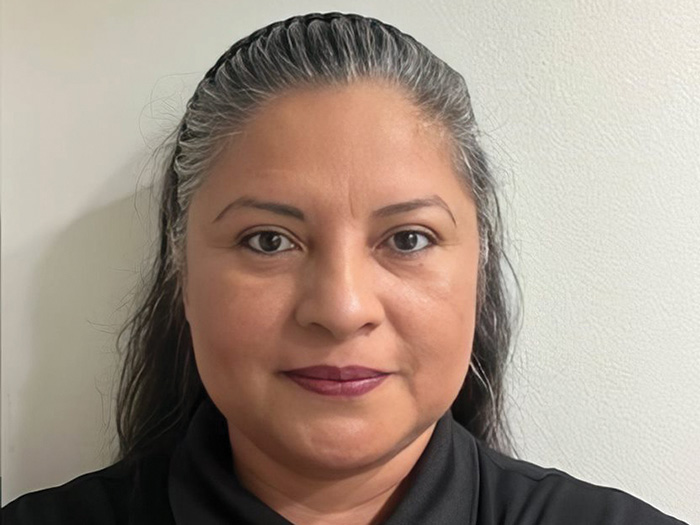Legal Roundup: Male Model Abuse Case Filed, Uber and Lyft to Pay $328 Million NYC Wage Settlement and More

Abercrombie & Fitch Accused of Sexual Abuse of Male Models
The Case: If you were a teenager in the ’90s or 2000s, chances are high that you remember Abercrombie & Fitch — the pricey clothing brand that typically featured young, muscle-bound male models.
While the ads helped catapult the brand into American consciousness, there was something nefarious happening under the surface, according to allegations by a former model.
David Bradberry sued the company, accusing it of enabling former CEO Mike Jeffries to operate a sex-trafficking ring during his tenure from 1992 to 2014, according to CBS News.
The lawsuit, filed in the U.S. District Court for the Southern District of New York, alleges that Jeffries, with the aid of modeling scouts, targeted young men under the pretense of modeling opportunities, leading to their exploitation and abuse.
Scorecard: The case has recently been filed and has not come to a resolution.
Abercrombie & Fitch, now under new leadership, has distanced itself from these allegations, emphasizing its commitment to a values-driven culture and stating its unawareness of Jeffries’ alleged misconduct.
Takeaway: This case underscores the critical importance of ethical leadership and robust oversight mechanisms. It highlights the dangers of alleged unchecked autonomy in high-level positions, particularly when profitability eclipses ethical considerations.
Businesses must ensure that their corporate culture and practices align with legal and ethical standards, regardless of the individual successes of their leaders.
Uber and Lyft Settle New York Wage-Theft Case
The Case: Uber and Lyft faced allegations of unlawful wage deductions and noncompliance with state and New York City laws regarding sick leave.
NBC News offered these two examples of wage deductions: “From 2014 to 2017, Uber deducted sales taxes and Black Car Fund fees from drivers’ paychecks and misrepresented that it would do so in its terms of service. And Lyft, the AG alleged, deducted an 11.4% administrative charge that equaled the amount of the sales tax and Black Car Fund fees between 2015 and 2017.”
Scorecard: Uber and Lyft have agreed to a $328 million settlement to resolve the allegations.
Uber will pay $290 million, and Lyft will pay $38 million.
The settlement represents the largest wage-theft settlement won by the state attorney general’s office, according to NBC News. Both companies have agreed to provide a guaranteed minimum earning of $26 per hour outside New York City and paid sick leave for drivers statewide.
Takeaway: The settlement has broad implications for risk managers and business leaders, especially within the gig economy. It underscores the importance of compliance with state and federal labor laws, even in industries where employment relationships are nontraditional.
The high cost of the settlement highlights the financial risks associated with noncompliance. It also signals a growing regulatory focus on gig economy companies, suggesting that similar actions may occur in other jurisdictions.
Businesses must proactively adapt to changing legal landscapes to mitigate potential legal and financial risks.
After Health Problems, Flight Attendants Win Case Against Uniform Maker
The Case: Tracey Silver-Charan’s face was battered as if she were in a boxing match — but it was just a severe chemical reaction to her American Airlines uniform, she alleged.
Silver-Charan is one of four American Airlines flight attendants who sued Twin Hill Acquisition Co. over health issues they attributed to allergic reactions to new uniforms provided by the company.
Alleging that the garments contained harmful chemicals like formaldehyde and toluene, the flight attendants sued in Alameda County Superior Court. American subsequently ended the uniform contract with Twin Hill and now works with Land’s End.
Scorecard: The jury found that the uniforms were a “substantial factor in causing harm” to the flight attendants, awarding $320,000 in lost income and pain and suffering to Silver-Charan and $750,000 in damages to fellow plaintiff Brenda Sabbatino, according to the Associated Press.
The jury did not find Twin Hill negligent in its design of the uniforms or in failing to recall them after complaints surfaced.
The Associated Press said the verdict could be “the tip of the iceberg,” as there are hundreds more flight attendants who made similar claims.
Takeaway: The case emphasizes the need for thorough testing and vetting of the materials used in employee uniforms, especially when introducing new products.
The case also illustrates the potential legal and financial implications of failing to adequately respond to employee health concerns.
Companies should have clear channels for addressing such complaints and take proactive steps to investigate and mitigate potential risks. Moreover, the case underlines the importance of corporate responsibility in protecting employee health and wellbeing, which can have significant legal and reputational consequences.
Apple Settles Employment Discrimination Claims for $25 Million
The Case: Tech giant Apple was sued over allegations that it favored immigrant workers over U.S. citizens and green card holders for certain positions.
The case arose from Apple’s alleged noncompliance with federal laws prohibiting citizenship-based discrimination in employment, according to Reuters.
The Department of Justice highlighted that Apple did not adequately recruit U.S. citizens or permanent residents for jobs eligible under the federal PERM program, which allows employers to sponsor immigrant workers for green cards.
Scorecard: Apple agreed to pay $6.75 million in civil penalties and $18.25 million to affected workers, whose exact number remains unspecified, according to Reuters.
The company acknowledged its unintentional noncompliance with DOJ standards and committed to a comprehensive remediation plan.
This settlement, the largest of its kind involving citizenship discrimination claims, followed findings that Apple’s recruitment practices for these positions were less effective and deviated from its standard procedures.
Takeaway: The case serves as a reminder of the importance of compliance with federal employment laws, especially those related to nondiscrimination.
It underscores the need for companies to regularly review and update their recruitment and hiring practices to ensure they do not inadvertently discriminate against any group of workers. &










